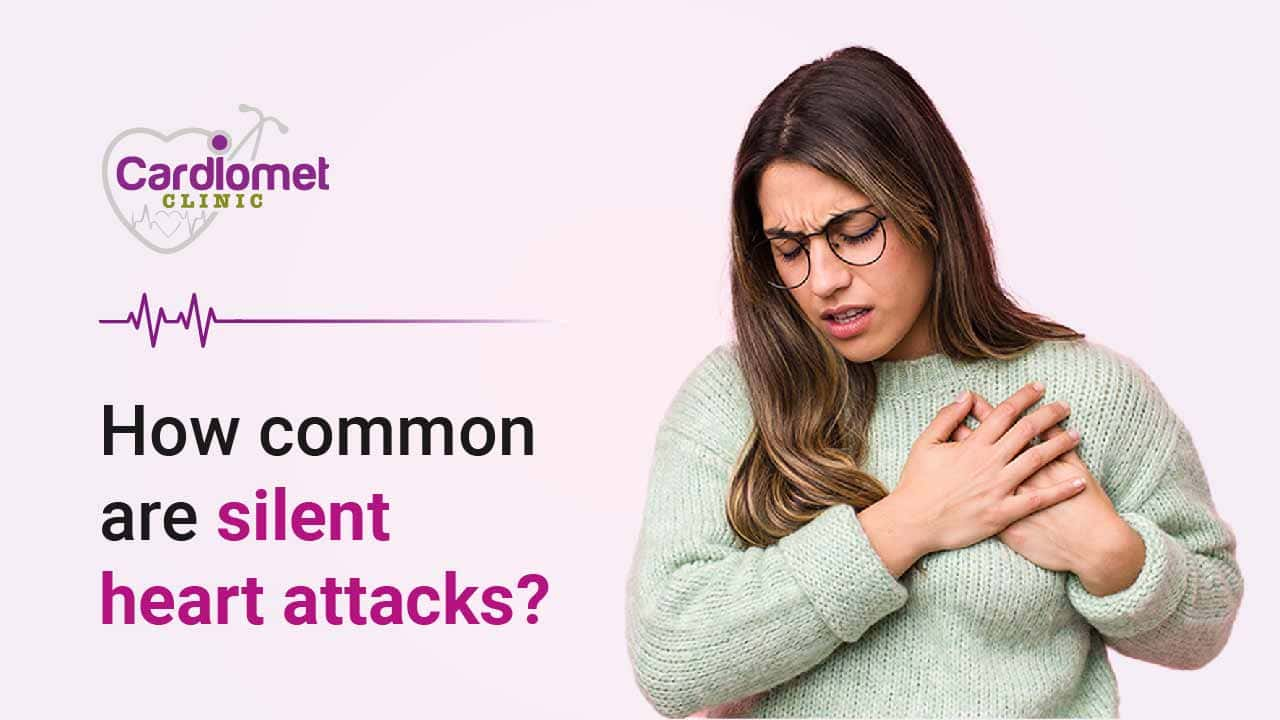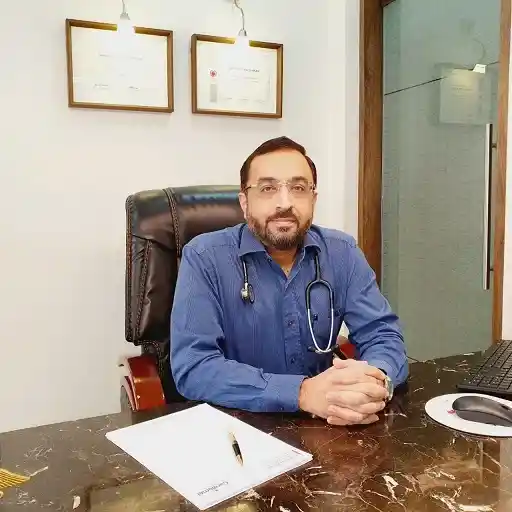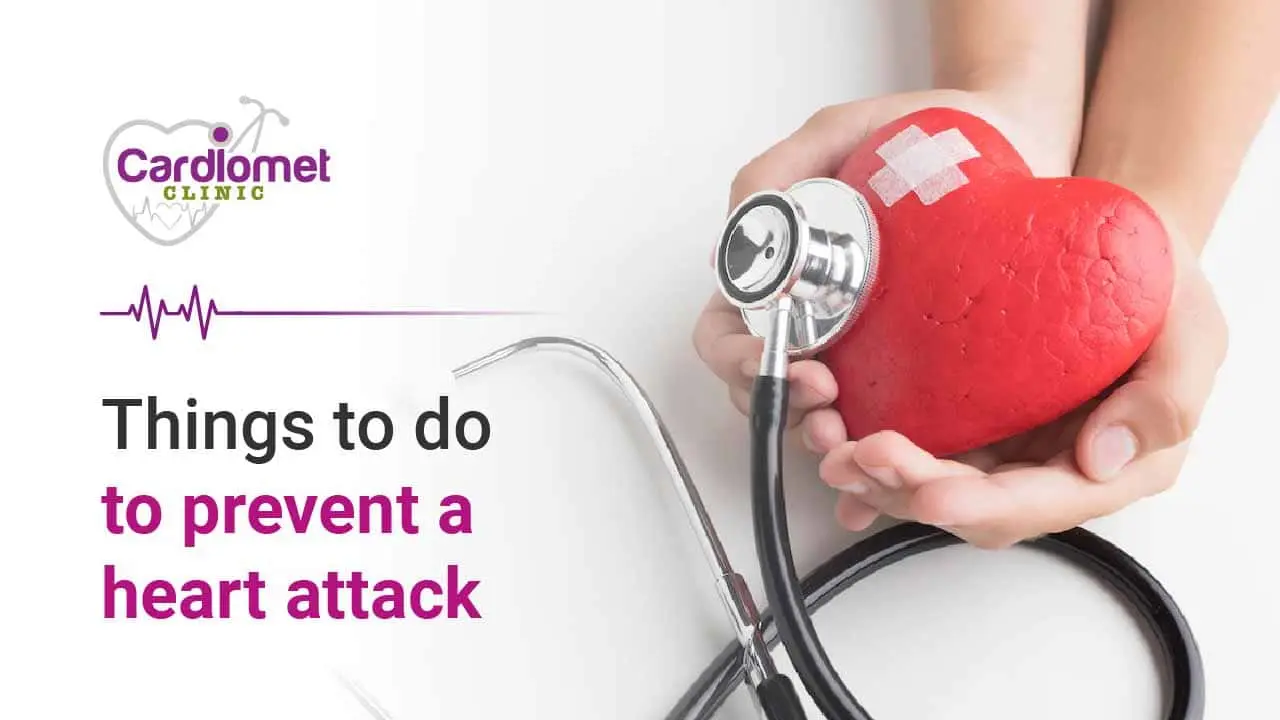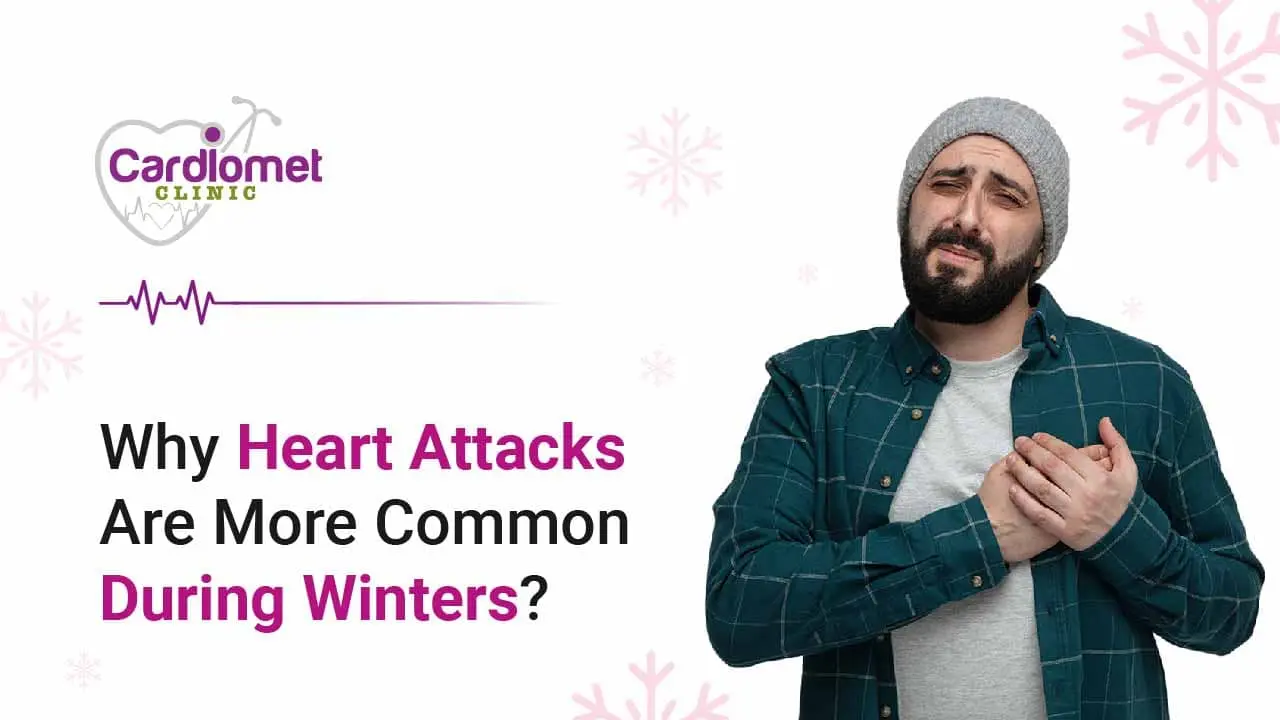How Common Are Silent Heart Attacks?
We all know about heart attacks, But Did you know that nearly half of these events are actually Quiet or Silent?
That’s right, many people experience a “Silent heart attack” without even knowing it. As a Consultant Cardiologist, I Can tell you that Understanding the Symptoms of a silent heart attack and getting help if they start to occur is critical for anyone wanting to prevent more serious health issues down the road.

In this blog post, we'll look at how common silent heart attacks are and what signs may indicate one has happened.

- You can Jump On
Prevalence of silent heart attack in india
In India, silent heart attacks are unfortunately quite common. In fact, recent research suggests that up to 45% of all cardiac events appear Asymptomatic.
This is alarming because most people remain unaware they’ve even had a heart attack until it's too late and further damage has already occurred.
What exactly is a silent heart attack?
A silent heart attack, also known as a silent myocardial infarction,occurs when the Coronary artery Disease becomes blocked by an accumulation of plaque. This blocks the Blood flow to the heart muscle without causing any obvious Symptoms or Signs, such as chest pain.

As a result, many people can go weeks or even months without knowing they've had a heart attack until further damage has occurred and other serious issues arise.
Recognizing the critical need for prompt cardiac care, Dr. Abhijeet Palshikar at Cardiomet, hailed as the best Cardiologist in Pune, emphasizes early detection and intervention to safeguard patient well-being.
What are the warning Signs & Symptoms of a Silent Heart Attack?
The most Common Sign of a Silent Heart Attack is shortness of Breath or Fatigue after Physical Activity. If you find yourself unusually exhausted after activities that used to be easy for you, this Could be a Warning Sign.
Additionally, you may experience pain or discomfort in the upper body, such as chest pain, back pain, arm Pain, or Jaw Pain. These can be a sign of a Heart Attack even if they Don't appear to be as intense as usual Heart Attack Symptoms.

It's important to pay attention to these warning signs and seek medical help Immediately if you Suspect Something is wrong. It’s also important to note that people with diabetes are at Increased Risk of experiencing Silent Heart Attacks Because of their Weakened Cardiovascular Systems.
If you have Diabetes and Start to Notice any of the Warning Signs listed above, Please Contact your Doctor Right away so that steps can be taken to Diagnose and Treat any potential Cardiac Issues Before Further Damage Occurs By Being Aware of the Prevalence, Symptoms, and Warning Signs of Silent Heart Attacks, we can all take steps to Reduce Our Risk of Experiencing one.
If you're Concerned about your Cardiovascular Health or Have Already Experienced a Cardiac event, Consulting With a Qualified Physician is Always recommended.
Is there a way to prevent silent Heart Attacks?
Yes, even though silent heart attacks cannot always be prevented, there are Steps you can take to reduce your risk.
Eating a healthy diet low in sodium and saturated fats, exercising regularly, quitting smoking, and drinking alcohol Responsibly Can all help keep your Heart Strong and Healthy.
Additionally, If you have Diabetes, it's important to stay on top of monitoring your Blood Sugar Levels and Following the Treatment Plan Your Doctor has recommended to keep your Cardiovascular System in Good Condition.
Takeaway
If you think you may have experienced a silent heart attack, Don't wait any longer, contact your physician Right away and get checked out as soon as possible. It could literally save your life! With early diagnosis and proper treatment, many of the negative effects of a silent heart attack can be prevented or minimized.
Don't let the silence fool you, even if there are No Outward Signs that Something is Wrong, taking the time to recognize potential indicators of a problem will help ensure that you stay healthy for Years to come.



